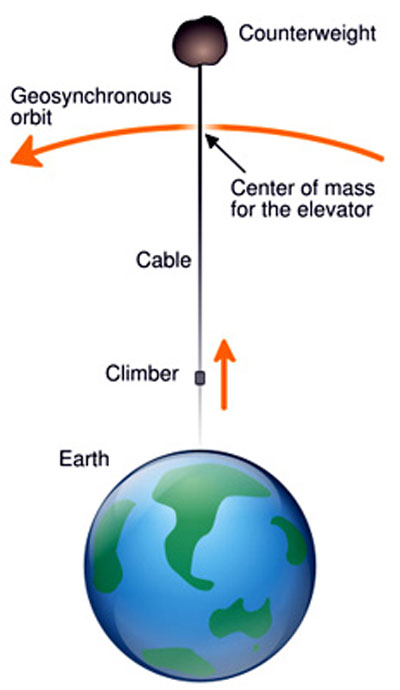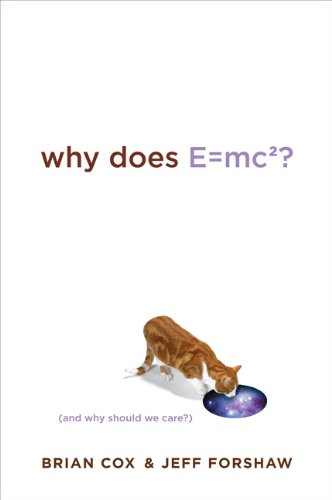 |
| Possibly not to scale. |
But then, around 2 years later I read in the Metro that this was exactly what scientists were working on. Had NASA stolen my idea? ....well no. A quick shufty on wikipedia tells me that the idea had been around for over 100 years.
Great minds, eh? This has to be my first proven genius idea. (and it surely is a genius idea - NASA's spent millions on the research already).
The 22-year-old me was so smart. I remember that day, I was on a roll. Later that afternoon I also came up with...
The Lunar Aqua-Park!
I also told my colleagues about this one. Genius it is... and before I explain it to you, please bear in mind that this can be done, but only in the far distant future... and by a company/person with extreme wealth and little consideration for the future of life on our planet.
The concept is a simple one: A water park on the moon. Can you imagine it? ...You'd have loads of water slides, shoots and swimming pools. All housed in some giant geodesic domes. It'd be like CentreParks in space. But of course, the difference being there is much less gravity on the moon. It'd be awesome.
Now here's the genius bit. ('What Jon? Was that not the genius bit already.... the general concept?' .... Well yeah, but it gets better.) One of the attractions in this park is a ride that tunnels through the ground right through to the centre of the moon ...and there would be a giant cavern carved out, and about 4 swimming pools worth of water dumped in there. The water would all float like a liquid sphere in the centre of the moon and people would dive in from all angles. I call it The Lunaquasphere™. How cool would that be in the centre?... swimming about with every direction being up. And also, because there's less gravity, you could dive in from much higher and not hurt yourself. Brilliant eh? ... Nothing can go wrong. Although, like I say, I've not really looked into the earthly repercussions of having a big hole into the centre of the Moon. If the Moon lost some of it's mass, it may actually affect the Earth's tidal patterns, seasons, the Moon's orbit round the Earth, and possibly even the Earth's orbit around the sun. It would certainly jeopardise the future of life on Earth... Still, imagine all the fun you could have in a Lunaquasphere™.

